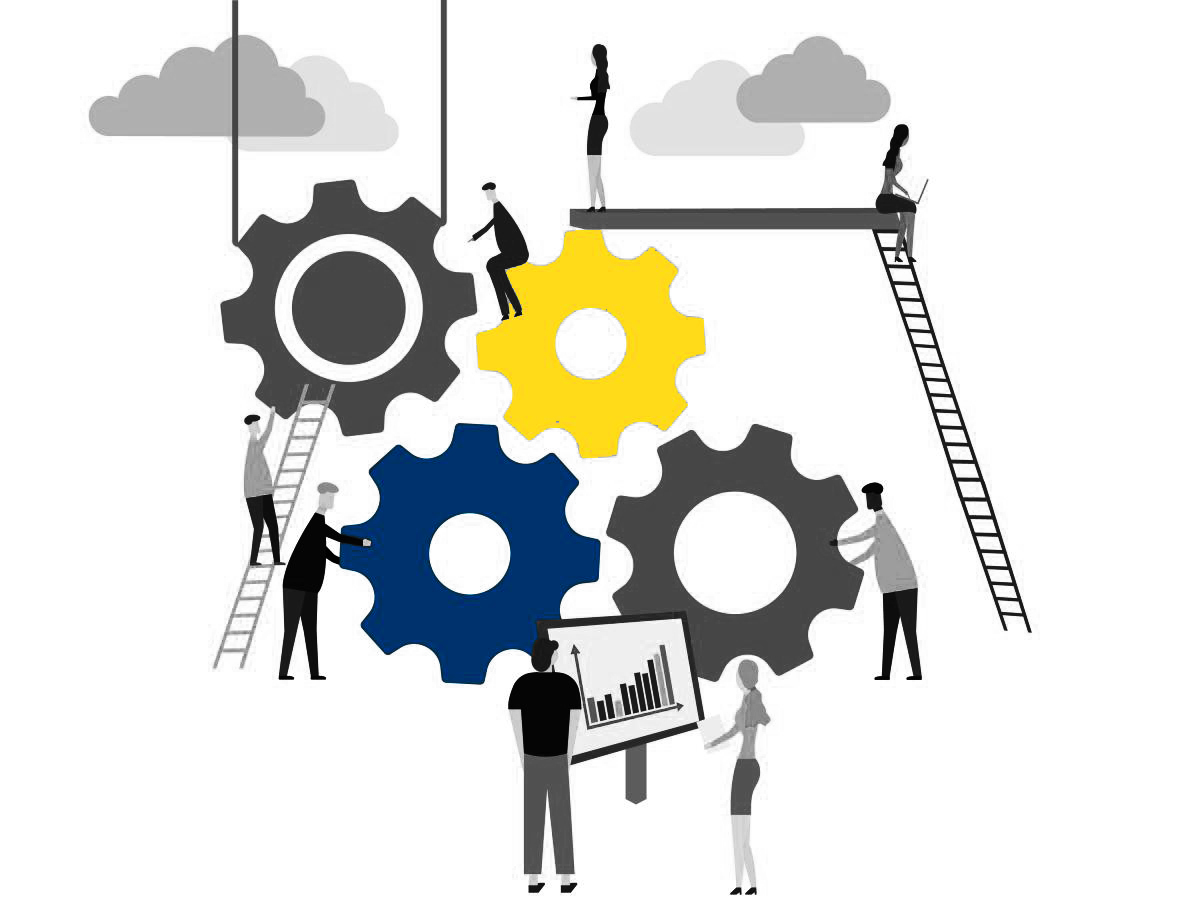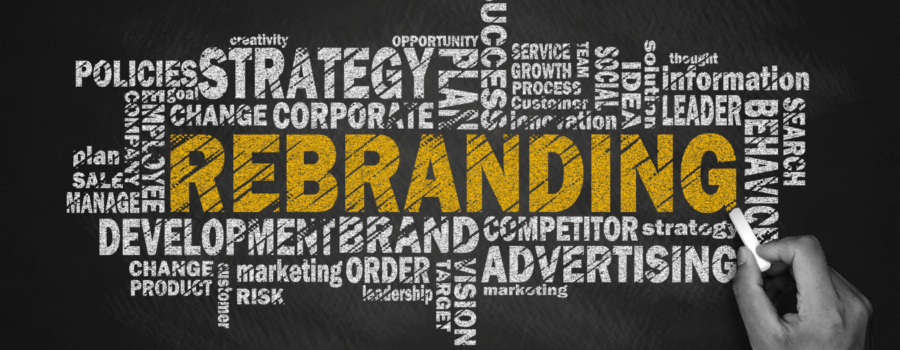
We implement organisational changes when we believe this could create value for the nonprofits we work for and their beneficiaries.
Sometimes it is about implementing the use of new available technologies to reach their goals and impact targets. Sometimes it might be about implementing strategic changes when it comes to their positioning in certain sectors, for instance it might be more beneficial for a community to prioritise social entrepreuneurship rather than pure charity while taclking specific issues.
Finally,operational changes are the ones we spend the most time carrying through as the way nonpprofit delivers their contributions is fundamental for their efficiency level.

With pressing matters and crucial lack of ressource, most African nonprofits organisations tend to overlook certain important key success factors.
Indeed, an important part of our input is to rebrand the charitable organisations we work with. We use modern communications tools to refonte their “business” image, to market them more ambitiously and make them much more visible to the people in position to add value to their missions. It is important that African nonprofits understand the high competititon for charitable donations around the World.
We commit a large amount of time deriving strategies that will drive our charities bottom-lines value and accentuate positive long-term brand impressions to the grantmaking foundations worldwide.
Equally, we are constantly working with the nonprofits we represent to make them fully compliant to international trade standards in the philanthropic sector.
Finally, we drastically improve their administrative readiness, their reporting processes, financial statements, etc

Something that we really enjoy doing is to restructurate the projects and programmes of the charitable organisations we aim to elevate in order to make them more efficient in terms of scales, of reach, of imapct intensity, of impact longevity, etc.
Observations of past philanthropic givings and empirical results allow us to prioritise effectively, to make programmes that more accurately respond to emergencies, to design programmes that complete governmental efforts and follow global agendas.
Transmitting a mind set that is “to teach beneficiaries and communities how to to fish rather than handing them them fishes” is the main point when rethinking programmes with the nonprofits we work with. We push for skills and knowledge transfers in every endeavior we put in place.

Our most sought after service is international fundraising. This is the primary reasons philanthropic organisations come to us.
Indeed, the different ameliorations we aim to provide to the nonprofits we are committed to refine and better give them higher conformity and exposure, thus higher possibilities to receive help from across the oceans.
Hence, with our global network and reach, we search for international funding for African nonprofits; On their behalf we look for donors, partners and sponsors either individuals, small or large grant making foundations and corporations around the Globe.
The idea is to create solid relationships where every stakeholder feel respected, valued, protected and satisfied. Where every stakeholder can see first hand the results of their efforts and contributions to the communities and countries they chose to assist.

A major component of our work with African nonprofits is to impulse a transition from dependence to independance. By having this mind-set of self-sufficiency, local charities can in their turn infuse this mind frame, this attiude to the communities they assist, lifting them up and empowering them.
We thus work to give these charities the tools to design sustainable programmes that will allow them and their communities to become less reliant on external funding and more auto-sufficient in the long run: shifting emphasis from charitable work to social entrepreurnship.
This is the biggest step toward solid self-sustainabilty and long-term stability for local charities themselves and furthermore for their beneficiaries.